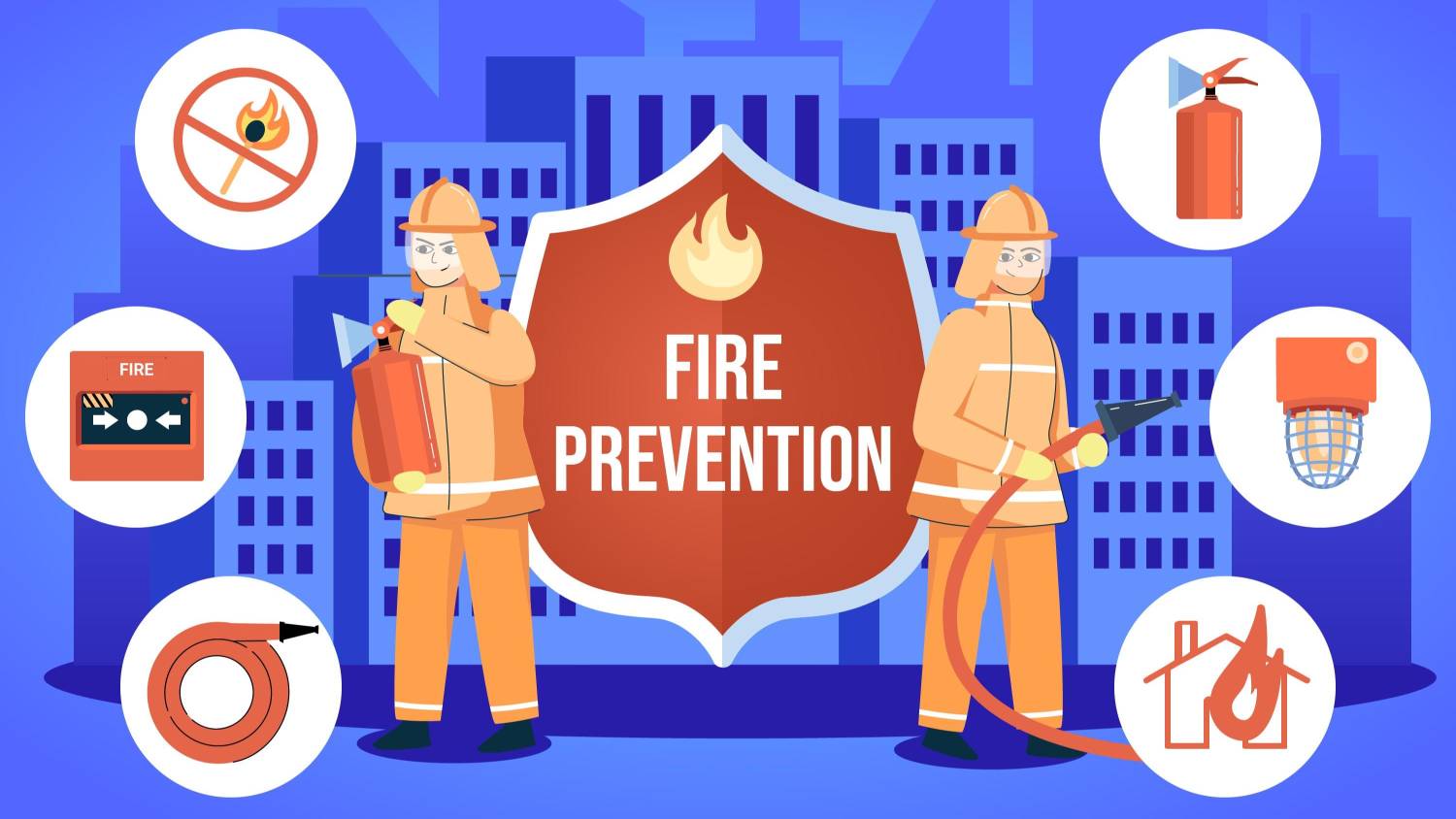
For most people, treating a disease like cancer appears to be an intimidating experience. However, having a sound understanding of the various treatment options and their repercussions help in making an informed decision. With the extraordinary progress in the medical field, new and more advanced care options are emerging everyday. Likewise, in the battle against cancer, there are primarily three main types of treatment options i.e. immunotherapy, targeted therapy and chemotherapy.
Immunotherapy For Cancer
The process of immunotherapy uses the body’s immune system to identify the cancerous cells and destroy them. It is a very effective treatment option as immunotherapy boosts your body’s immune system to pick out the dangerous cells and ruin their functionality.
How Does Immunotherapy Work?
Immunotherapy is a productive way for your body to battle against cancerous cells. Your immune system finds the dangerous cells and brings them to an end. But the cancerous cells again find another way for rebuilding themselves. Here comes the impact of immunotherapy. It helps in two ways-
- Training your immune system so it can better fight the cancerous cells
- Enabling your body to better find the affected cells and destroy them.
Types of Immunotherapy
Checkpoint Inhibitors
Immune checkpoints are there so the immunotherapy doesn’t become too strong and kill the healthy cells of your body. These proteins act as the medium of communication between the cancerous cells and the T-cells (that protects your body). It helps in attacking the cancer cells more aggressively and also protects the healthy cells.
CAR-T Cell Therapy
In this method of treatment, a patient’s T-cells are modified in the laboratory. A special type of gene of a receptor is then attached to the T-cells. This special receptor is called a chimeric antigen receptor (CAR). A massive number of CAR T cells are generated in the lab and infused to the patient’s body.
Cancer Vaccines
The primary objective of cancer vaccines is to strengthen the body’s immune system to detect and eliminate cancerous cells. By instructing the immune system to generate a specific reaction against the cancer, they can be programmed to concentrate on specific antigens located on cancer cells.
For many cancer types, immunotherapy has been proven to be an effective treatment that results in long-lasting responses and better survival rates. But it’s equally crucial to remember that not every patient or cancer type will react to immunotherapy in the same way.
Targeted Therapy for Cancer
Targeted therapy is built for targeting the particular genetic mutations that are responsible for turning a healthy cell into a cancerous cell. For this treatment procedure, oncologists conduct tests to identify the genetic changes that allow the cancerous cells to grow further and survive. With this knowledge, they pick out treatment options for killing the cancer cells signaling pathway and disrupt future growth of cancer cells.
How Does Targeted Therapy Work?
Once the oncologists identify the genetic mutations that turn healthy cells into cancerous cells, they target the cells to lessen the impact. These targeted parts can be substances either inside the cells or outside the cancerous cells. Here are brief descriptions on some of the most common ways through which targeted therapy works:
-
Small Molecule Inhibitors:
This type of drugs interfere with the action of specific proteins or enzymes and prevent the cancer cells from surviving. This inhibits their further proliferation.
-
Monoclonal Antibodies:
These are lab produced versions of your own antibodies. Hence, they are part of your own immune system. These antibodies then thoroughly look through your body and identify intruder proteins (antigens). These antibodies attack the antigens and get rid of the cancerous cells.
-
Signal Transduction Inhibitors:
This treatment process typically targets the signaling pathways of cancer cells and prevents the communication from happening between the cells. This way, the signals between the cells to multiply, regrowth, and further proliferate is prevented.
Targeted therapies can work on many different types of cancers, such as blood cancer, bone cancer, soft tissue cancers, breast cancers, digestive system cancers, urinary system cancers etc.
Chemotherapy For Cancer
Chemotherapy has been widely used for cancer treatment for decades. It makes use of medications that kill rapidly proliferating cells. Chemotherapy can be applied all over the body. It can be useful in fighting cancer cells that have progressed from the original site of the tumor as well.
How Does Chemotherapy Work?
Chemotherapy works and prevents the fast growth of cancer cells. This care option can be used in multiple ways –
-
Adjuvant Therapy: chemo destroys cancerous cells even after a surgery is done or radiation is given.
-
Neoadjuvant Therapy: chemo reduces the size of the tumor before a surgery is conducted.
-
Palliative Therapy: chemo does not treat cancer; instead, it decreases the tumor size and reduces the symptoms.
Types of Chemotherapy
Chemotherapy can be given in several ways. Some of the common ways are –
-
Intravenous Chemotherapy: Here medication is received at a hospital via a tube inserted into a vein in hand, arm, or chest.
-
Oral Chemotherapy: This involves taking a course of medication at home and visiting the hospital for routine checkups.
Sometimes, people need multiple rounds of chemo. A single round of this chemo may last several days or even weeks. This week off gives your body time to recover. The treatment plan is usually supervised by a professional oncologist.
Conclusion
Having in-depth understanding and knowledge of the available care options for cancer treatment is a must for the patients and their families. These insights will guide them in the right way to avail the right kind of treatment. Sometimes, treatment options are combined, depending on the advice of the oncologist concerned. Optimizing results requires individualized treatment plans based on cancer type and patient characteristics.










